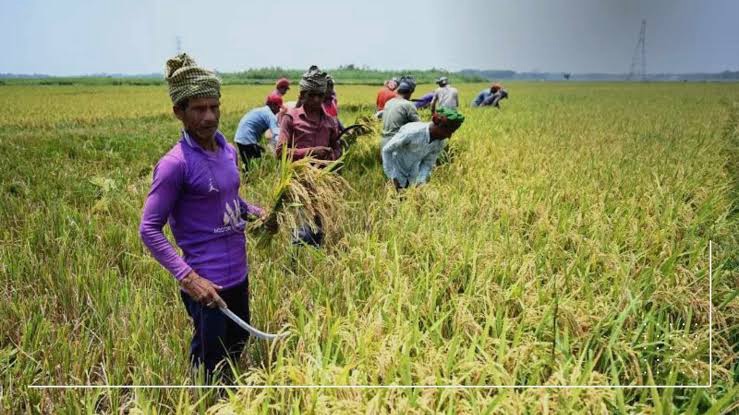
Rice farmers in Nigeria have pointed to the activities of cartels and unscrupulous middlemen as key contributors to the persistent increase in rice prices. Despite government interventions aimed at boosting local production, these actors are accused of manipulating the market to their advantage.
Mr. Sakin Agbayewa, Vice Chairman of the All Farmers Association of Nigeria (AFAN), highlighted that while the government provided waivers to encourage rice importation, some individuals exploited the situation by hoarding rice to create artificial scarcity. He noted that some farmers repackage local rice in foreign-branded bags to capitalize on consumer preference for imported products, thereby inflating prices.
Mr. Raphael Hunsa, Chairman of the Rice Farmers Association of Nigeria (RIFAN) in Lagos State, echoed these concerns, urging the government to engage directly with genuine farmers to ensure that support reaches the intended recipients. He emphasized that the involvement of middlemen in distributing government-provided inputs often leads to misallocation and inefficiencies.
Market observations corroborate these claims, with a 50kg bag of local rice now selling between ₦75,000 and ₦85,000, up from ₦52,000–₦55,000 earlier in the year. This sharp increase is attributed to factors such as the expiration of import waivers, hoarding by middlemen, and high transportation costs.
These developments underscore the need for targeted interventions to address the role of middlemen and cartels in the rice supply chain, ensuring that efforts to stabilize prices and support local production are not undermined by exploitative practices.
